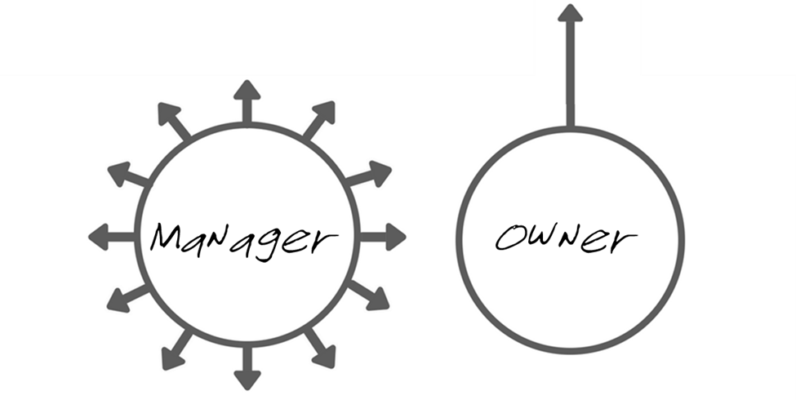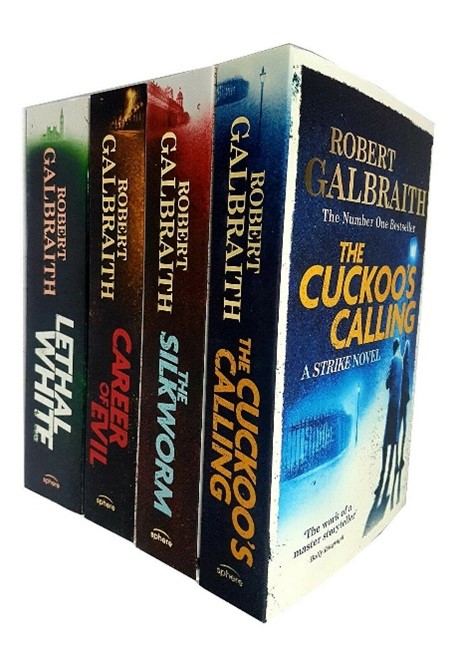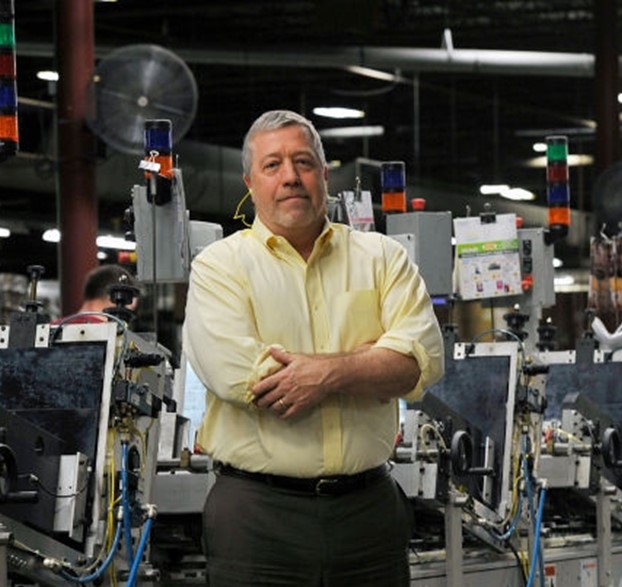3 minute read
Hither Creek, Madaket
The vast majority of us who read this are seasoned, successful Entrepreneur Owner-Managers. Where, as Owners, only a few things matter. And where, as Managers, we are infected with Busy-ness. So, we doggedly struggle to distinguish the vital few from the trivial many. Owners are envisioning tomorrow’s outcomes, while Managers are obsessed with optimizing today’s processes. Enough of a conflict, right? But what about when they are the same person? Us?
How do we distinguish between those dual roles to unlock our optimal performance in each?
The background noise of the popular culture is a distraction; it seems incapable of distinguishing the difference between the two roles. The predominance of education, training, personal development, and even thought leaders assume we think primarily as Managers. As Managers we seek to conform with competitors, seek the approval of customers, be popular with employees. As Managers we have a vested interest in keeping the status quo (what made us successful up to now), keeping the peace, resisting disruption and change until it is forced upon us. Managers tend to use the 50-50 Principle, that is, the harder you work, the more effort you put in is proportional to outcome.
In 1897 Vilfredo Pareto studied patterns of wealth and income and consistently found a mathematical relationship where 20% of the population ended up owning 80% of the wealth distribution across basically all countries and cultures. His studies repeated so consistently that the outcome was systematically predictable: wealth distribution was unbalanced and repeatedly consistent across countries. Sound familiar? That was known 120 years ago.
As Owners we contribute the magical and generous act of providing leadership. We know only a few things are important. Most are not. We have skin in the game which means that achieving great success (that we’ve led or greatly contributed to) will sometimes bring great rewards. But it’s not certain rewards—skin in the game means both possible rewards and risk of failure are symmetrical. Risks you take will be your personal risks—you will feel negative consequences of the failure of the enterprise you are leading.
Nassim Taleb introduced an additional nuance by differentiating between "skin in the game" and "soul in the game." While the first is just about having vital stake in your endeavors, the second is about making it fully personal, out of intrinsic motivations. It's about sense of mission, deep belief in the reason, putting your whole heart into something with profound meaning—stuff you really believe in and are hooked on. So sure, you risk loss of capital. Even loss of the enterprise. But worse, loss of purpose and meaning. Few who are not Entrepreneur Owner-Managers know this—almost none.
In the mass culture today it seems popular—even democratic somehow—to accept that 50% of results come from 50% of effort. That every dollar of sales is just as good as every other dollar. That every week is just as important as every other week. That every opinion is just as valid. That every email and all opportunities are roughly equal. To assume 50% of cause and effect is somehow fair or balanced.
The 50-50 narrative fallacy is an inaccurate and destructive map. In the private Entrepreneur Owner-Manager world, outcomes are wildly unbalanced. How do we grow into our gifts, unlock our potential as Owners if we are too busy as Managers?
For business owners, maybe 4 hours a week thinking as an Owner provides 80% or more of the value. As Owners, 80% of our great outcomes comes from 20% of our decisions. 80% of our Positive Legacy comes from 20% of our behavior. Our experience as Owners is exponential (while experience as Managers is linear). The difference between 50-50 and 20-80 stuns us.
Biologically and psychologically, we are largely unprepared for the world of abundance and paradox of choice we now live in. 80% of our Joy in Life comes from 20% of our Actions. Only a few things are important. Most are not. Every EOM can become more effective—and much happier.
Most effort has little result but a few…a few… transform life.
What I am Reading / Listening to
The Cormoran Strike Novels (2013, 2014, 2015, 2018, 2020)
By Robert Galbraith
I read fiction constantly, and with the utmost pertinacity. It seems to me that good novels are a very valuable part of literature—hell, of life—often conveying more exact and nuanced knowledge of the human heart and mind that any other medium. So that’s why I was browsing Mitchell’s Book Corner on Main Street in Nantucket this past fall with Breezy the dog tied to the bench outside. Made my browsing kind of a fast dance. I was buying some brilliantly produced letter press note cards, and saw a number of books on the table near the point of sale kiosk by the author Robert Galbraith.
Curious, I picked one up and rifled through it, reading the jacket cover, intro, and back cover blurbs. It looked like an interesting English mystery thriller, a good page turner for an off season weekend on the beach on Nantucket. “What do we know about Robert Galbraith?” I asked the literary looking woman operating the POS terminal. She said, “quite a lot, actually—that’s the pen name of JK Rowling, the author of the Harry Potter books.” Here’s the big reveal: I’ve never read any of the Harry Potter books. I am (vaguely) aware of the pop culture’s insanity over them, and so I know she’s sold a lot of books. But could she transform domains into a new genre?
Woo JK Rowling can write. I’ve read four of the series featuring the private detective Cormoran Strike and his partner Robin Ellacott, and they are terrific. Set in gritty contemporary England, Strike is an unforgettable one legged truculent genius protagonist, and Ellacot his even more interesting and thought provoking partner. Starting as a temp in Strike’s agency and rising to partner with her own interesting back story, Rowling leads us through a series of cases clue by clue—accompanied by the evolution of their personal relationship and its romantic skirmish and rising sexual friction. At times the graphically violent nature of the crimes and Rowling's description of them seem a teensy bit gratuitous or unnecessary to me, but maybe she’s just exercising her pen.
HBO has produced several seasons based up the series and they are also riveting. They vary between going under the title CB Strike, or the names of the books e.g., The Cuckoo's Calling (2013), Lethal White (2018), etc. They too are well done and Strike’s character struck me as well casted.
There’s no lasting literary value here; just highly recommended great page turning.
Entrepreneur Owner-Manager Quote
“80% of Bigelow’s value in this transaction came from their years of compelling us to think and act like owners – to build a strong business – not just be managers.”
-Eric Lane, President of The Dingley Press
Energy Creation
I have always been more of a sunrise person than a sunset person. I like sunsets alright; it’s just that they strike me as being more about the past. The oohs and aahs of the colors, clinking of the glasses, the awareness of the spinning of the earth (which comically we call the sun setting), nostalgia for the day gone by. There’s an energy exhale.
Sunrises feel different. Usually, they are preceded by the darkest hours and coolest temperatures of the day. I suppose temperamentally, I am all about being called to the future. About the unlimited potential for the day that is promised by the upper limb of the sun rising up out of the horizon.
This has been true for me all my life. But in the past twelve months, where others seem to have retreated in their lives, and retreated indoors, I have rarely missed a sunrise. Our year-old yellow Labrador retriever revels in sunrises even more than I do.


© 2024 Bigelow LLC. All rights reserved.



